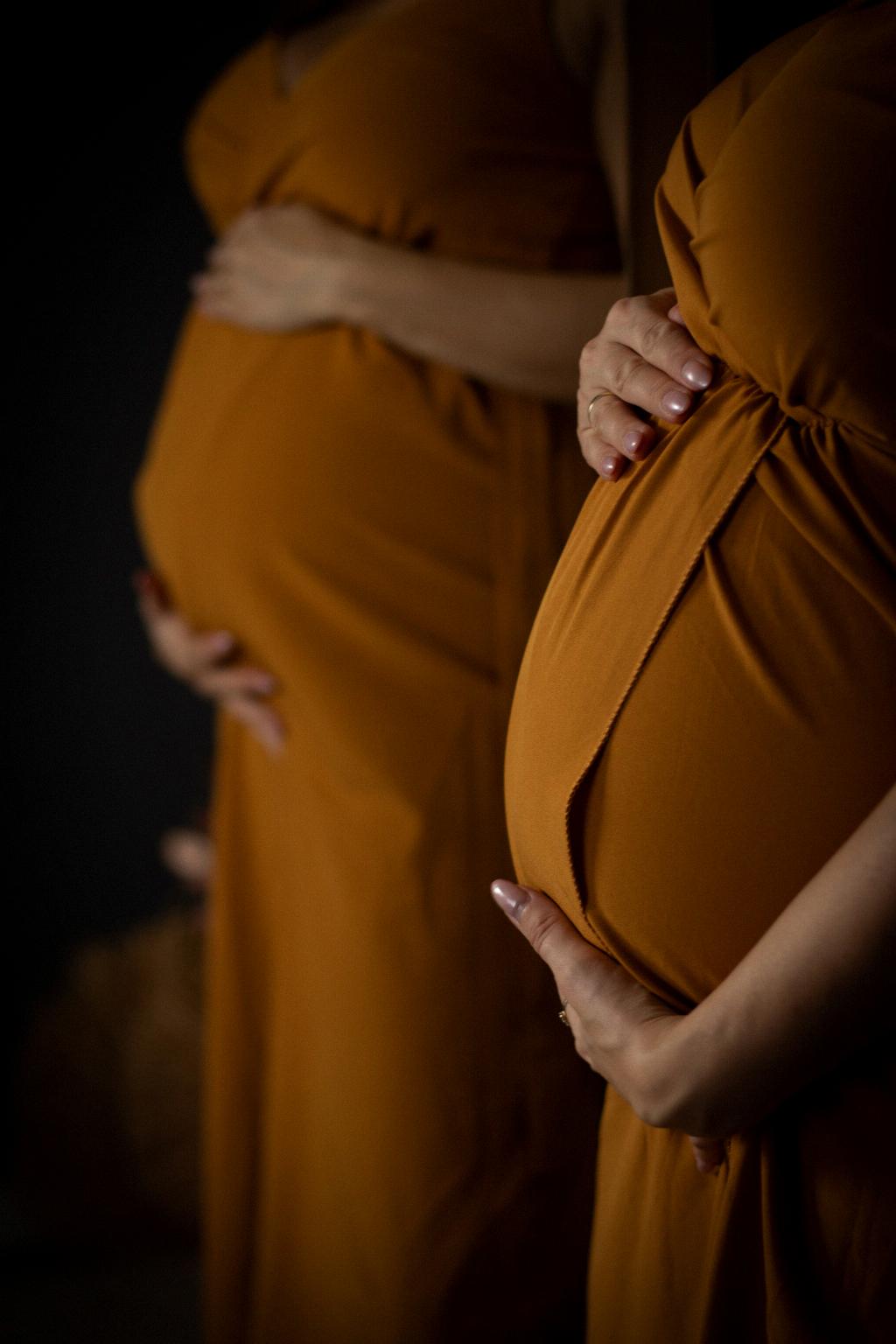When it comes to finding the right footwear during pregnancy, especially for swollen feet, the choice of shoes can greatly impact comfort and overall well-being. As your body undergoes numerous changes during pregnancy, it’s essential to prioritize comfort and support when selecting the perfect pair of shoes. Swollen feet are a common concern for expecting mothers, but with the right footwear, you can alleviate discomfort and ensure proper support.
Benefits of Tennis Shoes
Tennis shoes are often recommended as an ideal choice for pregnant women experiencing swollen feet. These shoes provide the necessary support and cushioning to help reduce discomfort and swelling. The design of tennis shoes typically includes a larger toe box, allowing ample room for your feet to expand comfortably. Additionally, the mesh top covering enhances breathability, keeping your feet cool and dry throughout the day.
Recommended Brands: Brooks and Hoka
Two popular brands that offer excellent options for pregnant women dealing with swollen feet are Brooks and Hoka. These brands are known for their innovative designs that prioritize both comfort and style. Brooks and Hoka shoes feature increased cushioning, which is essential for providing support to swollen feet while ensuring a comfortable walking experience. The larger toe box in these shoes accommodates the natural expansion of your feet during pregnancy.
Consider the Toe Box
When selecting shoes for swollen feet during pregnancy, pay close attention to the toe box. A roomy toe box is crucial in preventing discomfort and constriction, especially as your feet may swell further during the later stages of pregnancy. Shoes with a wider toe box allow your toes to splay naturally, reducing pressure and promoting better blood circulation in your feet.
Focus on Comfort and Support
Comfort and support should be your top priorities when choosing shoes for swollen feet. Look for shoes with ample cushioning to absorb impact and reduce strain on your feet. Proper arch support is also crucial, as it helps distribute weight evenly and alleviates pressure on the soles of your feet. A supportive shoe can make a significant difference in reducing discomfort and fatigue, especially during long periods of standing or walking.
Easy to Put On
As your pregnancy progresses, you may find it challenging to bend over and tie your shoes. Opt for shoes that are easy to slip on and off, saving you time and effort. Slip-on styles or shoes with adjustable straps or laces that can be easily loosened and tightened are convenient choices for pregnant women. By choosing shoes that are hassle-free to put on, you can focus on staying comfortable and mobile throughout your pregnancy.
Supportive Insoles
For additional comfort and support, consider investing in supportive insoles for your shoes. Custom orthotic insoles or cushioned inserts can enhance the arch support and cushioning of your footwear, providing personalized comfort for your swollen feet. These insoles can help alleviate foot pain, reduce pressure points, and improve overall foot alignment, promoting better posture and reducing strain on your lower body.
Proper Sizing
Ensure that you choose the right size of shoes to accommodate your swollen feet during pregnancy. Your feet may increase in size during pregnancy due to fluid retention and weight gain, so it’s essential to measure your feet regularly and select shoes that provide ample room for expansion. Avoid narrow or tight-fitting shoes that can restrict blood flow and exacerbate swelling. Opt for shoes with a flexible upper that can adapt to changes in foot size.
Choose Breathable Materials
Opt for shoes made from breathable materials to keep your feet cool and dry. Pregnant women are prone to increased perspiration, especially in the foot area, so selecting shoes with moisture-wicking properties can help prevent sweat accumulation and odor. Shoes with mesh or perforated panels promote airflow, allowing your feet to breathe and reducing the risk of discomfort or irritation.
Avoid High Heels
Avoid wearing high heels during pregnancy, as they can strain your feet and exacerbate swelling. High heels alter your posture and increase pressure on your lower back and feet, leading to discomfort and potential foot issues. Opt for flat or low-heeled shoes that provide stability and support, reducing the risk of falls or balance issues. Prioritize comfort and safety when choosing footwear during pregnancy.
Regular Foot Care
In addition to wearing the right shoes, practice regular foot care to maintain the health and comfort of your feet during pregnancy. Keep your feet clean and dry, trimming toenails carefully to prevent ingrown nails. Elevate your feet when possible to reduce swelling and promote circulation. Gentle foot massages and stretching exercises can also help alleviate foot discomfort and improve flexibility.
Consult with a Podiatrist
If you experience persistent foot pain or swelling during pregnancy, consult with a podiatrist or healthcare provider for personalized recommendations. A podiatrist can assess your foot condition, recommend appropriate footwear, and provide tailored care for any underlying foot issues. Don’t ignore foot discomfort or assume it’s a normal part of pregnancy―seek professional advice to address any concerns and ensure optimal foot health throughout your pregnancy journey.

